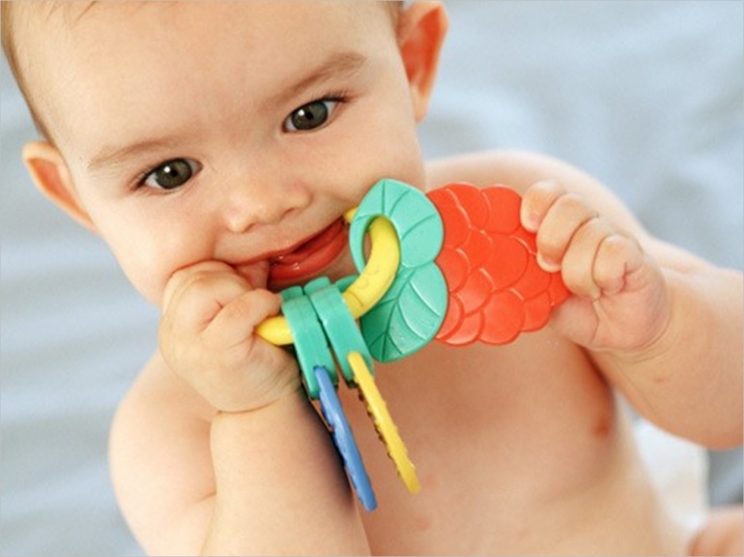
Nine of the 14 teething products that are licensed for use in the United Kingdom include sucrose, alcohol, and/or lidocaine, all of which have potential side effects, according to researchers at Public Health Wales. Also, the researchers note, there is little evidence that the products actually are effective in reducing teething pain.
These products are licensed by the Medicines and Healthcare Products Regulatory Agency (MHRA), which categorizes teething powders as homeopathic or herbal products. Most teething gels, with the exception of Nelson’s Teetha Teething Gel, hold full product licenses.
Two products that include sucrose or table sugar leave newly erupted baby teeth susceptible to decay, particularly as they are applied directly and repeatedly to the teeth. Six include alcohol. Consumption of relatively low levels through breast milk can be counterproductive, arousing rather than sedating infants, meaning an increased propensity for crying and poor sleeping. Moderate exposure has been related to impaired motor development.
All six teething gels licensed in the UK included lidocaine, which also poses a risk of overdose at higher concentrations. In the United States, 22 serious adverse reactions, including deaths, have been associated with lidocaine 2% solution. Although none of the UK products include more than 1% lidocaine, there potentially could be a risk of overdose from incorrect use, according to the British Dental Association (BDA).
The BDA has backed calls for no-nonsense guidance to help parents navigate the risks and guide them away from potentially harmful products and for changes to licensing arrangements so harmful ingredients cannot make it into licensed products without clear evidence of their effectiveness.
“Parents buying teething powders to save infants from distress won’t always realize they’re offering their kids sugars, alcohols, or lidocaine. Buying a licensed product should offer confidence you’re making a safe choice. The reality is consumers are navigating a minefield of potentially harmful ingredients,” said BDA chair Mick Armstrong.
“We need to see real change in the way these products are licensed and marketed and clear guidance so parents understand the risks. If your little one is suffering, then a teething ring kept cool in the fridge is all you need,” said Armstrong.
The study, “Teething Products May Be Harmful to Health,” was published by BDJ.
Related Articles
FDA Issues Warning on Homeopathic Teething Products
FDA Issues Warning About Benzocaine Teething Products
FDA Issues Warning on Belladonna in Teething Products











